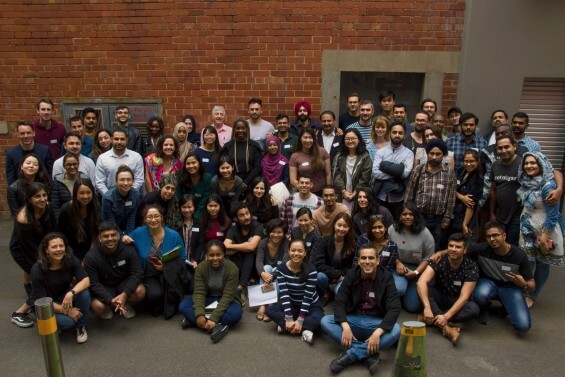Imagine a world where agreements and transactions happen with the simplicity and efficiency of selecting your favourite chocolate bar from a vending machine. No intermediaries, no lengthy processes, just a seamless exchange. This is the reality brought to life by smart contracts, digital protocols using blockchain technology, that are revolutionising how we conduct business.
Startup and commercial lawyers, such as Allied Legal, are well placed to advise you when dealing with smart contracts.
Understanding Smart Contracts
At their essence, smart contracts are digital agreements embedded with the terms and conditions of a contract, hard coded into the fabric of the blockchain. This means once a smart contract is executed, it is immutable and transparent, ensuring a high level of security and trust between parties who may never physically meet. Since their first ideations smart contracts have evolved from concept to reality with the advent of blockchain platforms.
How Smart Contracts Work
Smart contracts operate on a simple yet profound principle: automate and enforce the terms of an agreement without human intervention. Here’s a breakdown:
- Setting the Terms: Similar to programming a vending machine, a smart contract is coded with specific conditions and outcomes.
- Deployment on the Blockchain: Once finalised, it’s deployed on a blockchain, ensuring it’s secure and tamper-proof.
- Activation and Execution: When conditions are met, the smart contract automatically executes the agreed terms, like transferring a digital item upon receiving payment.
- Recording & Finalisation: The transaction is recorded on the blockchain, providing a transparent and irreversible proof of the agreement.
Benefits of Smart Contracts for Businesses
- Smart contracts offer numerous advantages, particularly for startups and commercial entities looking to streamline operations:
- Trustworthiness: With blockchain, there’s no risk of tampering, fostering complete trust in transactions.
- Efficiency and Speed: Automating contracts reduces the time and paperwork associated with traditional agreements.
- Cost Reduction: By eliminating middlemen, smart contracts can significantly lower transaction costs.
- Transparency and Security: All parties have access to the contract terms, and blockchain’s security features protect against fraud and unauthorised alterations.
Challenges and Considerations
Despite their potential, smart contracts face challenges such as coding vulnerabilities and a lack of legal clarity in some jurisdictions. Startup lawyers such as Allied Legal are in a position to guide you through their complexity.
The Future of Smart Contracts
The potential applications of smart contracts are vast and varied, from revolutionising real estate transactions to ensuring artists receive fair royalties. They promise to make many everyday processes more efficient, transparent, and equitable. For the legal profession, staying abreast of these developments is not just advantageous but essential. Allied Legal’s startup lawyers endeavour to remain informed about any developments in this sector.
Smart contracts represent a significant shift in how business transactions are conducted, embodying a future where trust is automated, and agreements are executed with the efficiency and simplicity of a vending machine. For startup and commercial lawyers, they offer both an opportunity and a challenge: to understand and navigate this new landscape, ensuring that businesses can leverage the full potential of this revolutionary technology while mitigating its risks. As we look towards a future reshaped by smart contracts, the possibilities for innovation and efficiency in business transactions are boundless.





